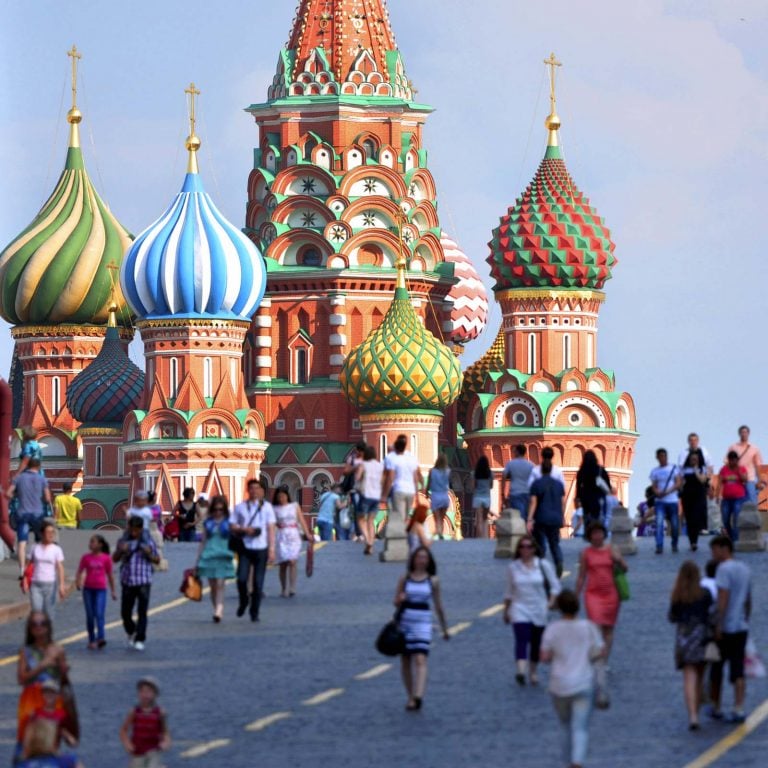
A study has found that despite their volatility, cryptocurrencies do not endanger the financial system and the economy of Russia, as the risks are offset by the highly concentrated ownership of digital assets. Crypto fluctuations are not believed to affect consumption either. Russian residents have controlled cryptocurrency worth between $7.5 and $14 billion in the first quarter of this year, according to estimates published in the report.
Also read: Russian Railways Eyes Crypto for Tickets, Blockchain for Cargo
Coins Compared to Commodities, Less Volatile than Some
 The volatility of cryptocurrency rates is comparable to the price dynamics of foods, considered some of the most volatile commodities. Prices of products like meat, milk, and sugar can actually be much more volatile, according to a new study quoted by Russian media. It concludes that cryptocurrencies are not a threat to Russia’s financial stability.
The volatility of cryptocurrency rates is comparable to the price dynamics of foods, considered some of the most volatile commodities. Prices of products like meat, milk, and sugar can actually be much more volatile, according to a new study quoted by Russian media. It concludes that cryptocurrencies are not a threat to Russia’s financial stability.
Crypto volatility can affect the Russian economy much like the depreciation of the ruble, which leads to revaluation of the debt denominated in foreign currency, increased cost of borrowing, inflation expectations, and counterparty risks. The authors have calculated that crypto market fluctuations can increase the interest rate on domestic borrowings by about 1%, but that’s only if the share of virtual currencies in the structure of corporate debt reaches 4 trillion rubles, or at least 6% of the total.
According to the Russian Analytical Credit Rating Agency (ACRA), the high volatility of cryptocurrencies can potentially create risks for the country’s financial stability, but these are balanced by the high concentration of ownership of the digital assets. ACRA estimates that the market value of the cryptocurrency attributable to the Russian economy or controlled by Russian residents has been between $7.5 and 14 billion in the first quarter of 2018. That’s only 1-2% of



